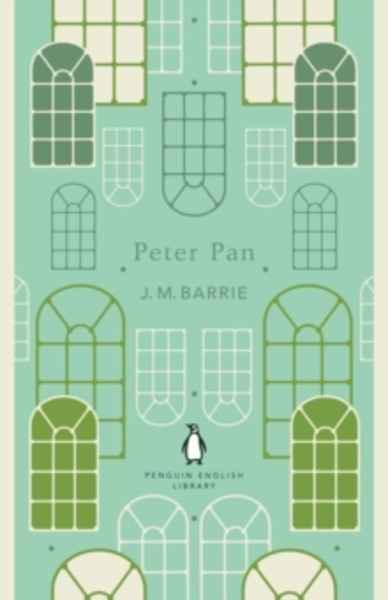Peter Pan

Editorial Penguin Books Ltd
Fecha de edición junio 2018 · Edición nº 1
Idioma inglés
EAN 9780241341391
160 páginas
Libro
encuadernado en tapa blanda
Resumen del libro
All children, except one, grow up.' It was Friday night. Mr and Mrs Darling were dining out. Nana had been tied up in the backyard.
The poor dog was barking, for she could smell danger. And she was right - this was the night that Peter Pan would take the Darling children on the most breath-taking adventure of their lives, to a place called Neverland, a strange country where the lost boys live and never grow up, a land with mermaids, fairies and pirates - and of course the terrible, evil, Captain Hook. Peter Pan is undoubtedly one of the most famous and best-loved stories for children, an unforgettable, magical fantasy which has been enjoyed by generations.
The Penguin English Library - collectable general readers' editions of the best fiction in English, from the eighteenth century to the end of the Second World War.
Biografía del autor
A James Matthew Barrie lo conocemos por su personaje Peter Pan. Seguramente, Peter Pan jamás hubiese existido de no ser por unos niños que el autor conoció en los jardines de Kensington en Londres: los hijos de Sylvia Llewellyn Davies. Tío Jim , como lo llamaban estos niños, acompañaba a la familia en las vacaciones, e inventaba historias y juegos que sirvieron de inspiración para sus relatos y obras de teatro. Cuando murieron los padres de los chicos, Barrie los siguió ayudando hasta que, no como Peter Pan, se convirtieron en adultos. Apasionado del críquet, creó un equipo de aficionados con sus amigos, los escritores Arthur Conan Doyle, Rudyard Kipling, G. K. Chesterton y Jerome K. Jerome.








